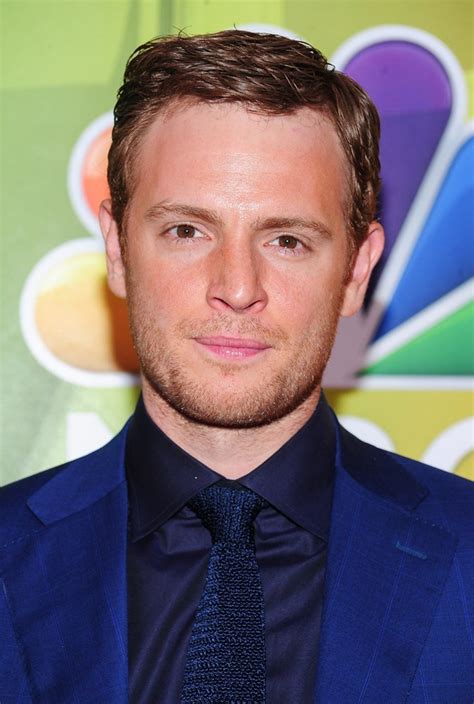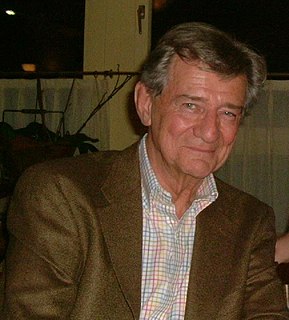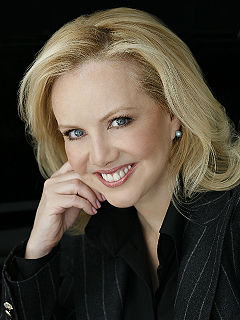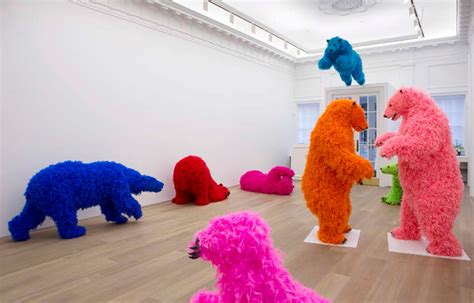A Quote by Peter McWilliams
To visualize is to see what is not there, what is not real - a dream. To visualize is, in fact, to make visual lies. Visual lies, however, have a way of coming true.
Related Quotes
Inexperienced personal development teachers always tell you to visualize, but often in a tragically limited way. They tell you to visualize nothing but victory. But high-achievers know that it's even more important to visualize themselves at the point where they want to quit, and then see themselves working through the struggle.
I see lies everywhere - switch on the television, it's lies. Everything is lies. In the art world or science community, we are intellectuals, people who research, who are interested in learning and thinking. I think the level of lies is way lower than when you step into what I call "the outside world".
Usually in theater, the visual repeats the verbal. The visual dwindles into decoration. But I think with my eyes. For me, the visual is not an afterthought, not an illustration of the text. If it says the same thing as the words, why look? The visual must be so compelling that a deaf man would sit though the performance fascinated.
Beyond the pervasive disinterest in the visual arts among the Protestant community, the core problem lies in the fact that the art world rejects on several grounds work that is in any way explicitly Christian in content and also shrugs off as naive anything that has the semblance of hope or optimism in outlook.






































